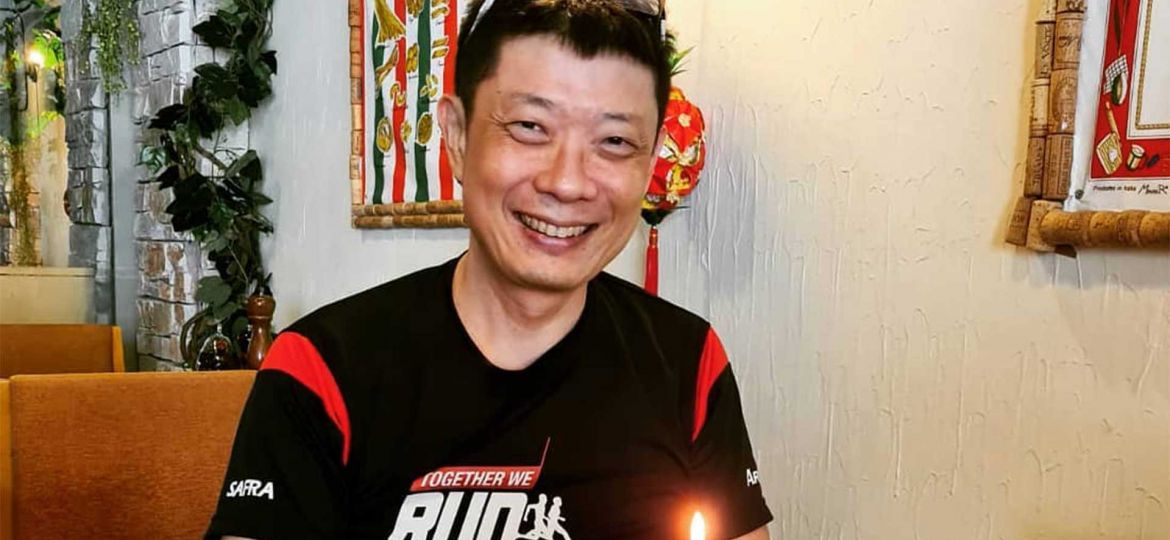As of 2022, the Covid-19 pandemic continues to affect the labour economy. Although the impact is less than previous years, it’s still a nerve-wracking time for those resigning right now; especially with companies being cautious, and tight with payroll. Here are some trends and tips to get you through it.
@dm1n
An officer in the SAF, Kelvin Goh came close to signing on with the army; but a chance encounter with a job had turned his life around. Now, he has thrived in the finance industry for 15 years, a consistent top-performer in control of his own time. Kelvin explains how he made the transition below. “When I was still in NS, I had a thought of signing on as an Army Officer, as it was offered to me as an option,” Kelvin says. “I did not know what to do and had no direction in my life. Therefore, I thought that signing on was a very good way to get started”.
When Tay Hui Ting came out of school, her only previous jobs had been part-time gigs; from selling bedsheets in retail, to customer service in a bank. For many graduates like her, the aftermath of the financial crisis in ‘08/09 made career prospects look grim. “There was a crisis at the time, and I was looking for a full-time job”, she says, “Nothing seemed to be available for a fresh graduate.”
In 2001, I was a regional channel sales manager. I worked in a corporate environment, looking after regional sales in Hong Kong, Taiwan, Australia, and New Zealand. When the Asian Financial Crisis happened around that time, I ended up being retrenched by the company. I wasn’t alone, and a lot of my friends were also laid off, due to changes in management and office politics.
I joined the finance industry fresh out of school, which can be a challenging first job. Nonetheless, today I’m a financial planner specialising in holistic planning for clients; and also in Employee Benefits and Total Risk Management for corporate clients. In 2021, I would have been working in this industry for 11 years already.
I have been in the finance industry for 19 years at this point. I joined the insurance line way back in 2002, right after University Interestingly, this was a job I had never imagined myself doing; let alone doing it for almost two decades.
Not long ago in 2019, it was reported that around 40 per cent of Singaporeans were seeking a career change. The Workforce Singapore programme, which caters to career-changes, had only 1,300 placements in 2016. By 2020, the number had risen to 4,500.
The Covid-19 pandemic has been a challenging time for Singapore. One of its consequences has been a rise in unemployment, from which we’re only now beginning to recover. Nonetheless, this incident has brought an important subject to the forefront: recession-proofing our careers.










